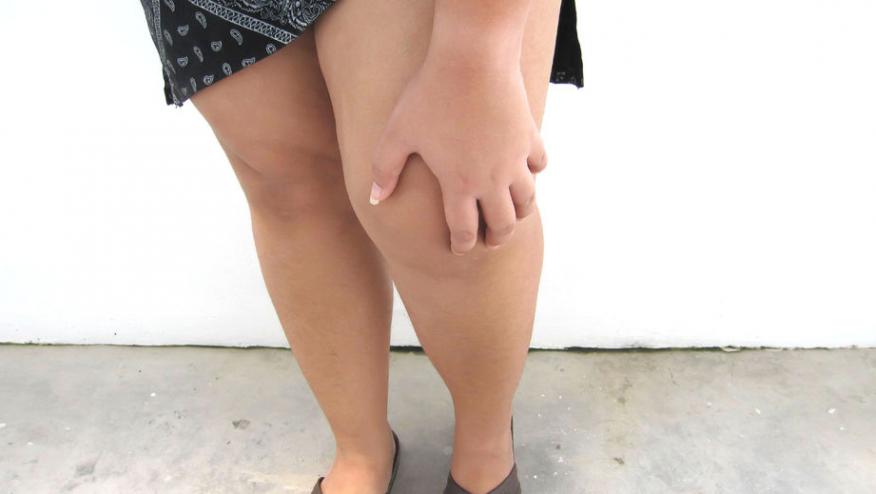GLP-1 Therapy in Knee Osteoarthritis Save

Knee osteoarthritis (KOA) is best managed by weight loss, as the effects of most analgesic therapies have been marginal and debatable. The use of anti-diabetic glucagon-like peptide-1 therapies have demonstrated significant weight loss benefits; hence this trial evaluated the potential weight loss and pain relieving effects of liraglutide in obese patients with KOA.
Adults with KOA and a BMI ≥27 were enrolled to a dietary interventional run in period of 8 weeks. Those who lost >5% body weight were randomized to either placebo or liraglutide 3 mg/d for 52 wk. Coprimary outcomes were changes in body weight and the Knee injury and Osteoarthritis Outcome Score (KOOS) pain subscale from week 0 to 52.
A total of 156 KOA patients were treated. Weight loss was significantly greater with liraglutide (mean changes: −2.8 and +1.2 kg; P = 0.008 vs PBO. But, there was no difference in KOOS pain scores (mean changes: 0.4 and –0.6 points; P = 0.71). Adverse events (mostly gastrointestinal) were somewhat higher (50.2% vs 39.2%) with liraglutide (compared with placebo).
While 1 year of liraglutide therapy may result in weight loss, it was not of a sufficent magnitude to alter pain measures in obese KOA patients. While significant weight loss in KOA is the goal and often urged, it is difficult to achieve.










If you are a health practitioner, you may Login/Register to comment.
Due to the nature of these comment forums, only health practitioners are allowed to comment at this time.